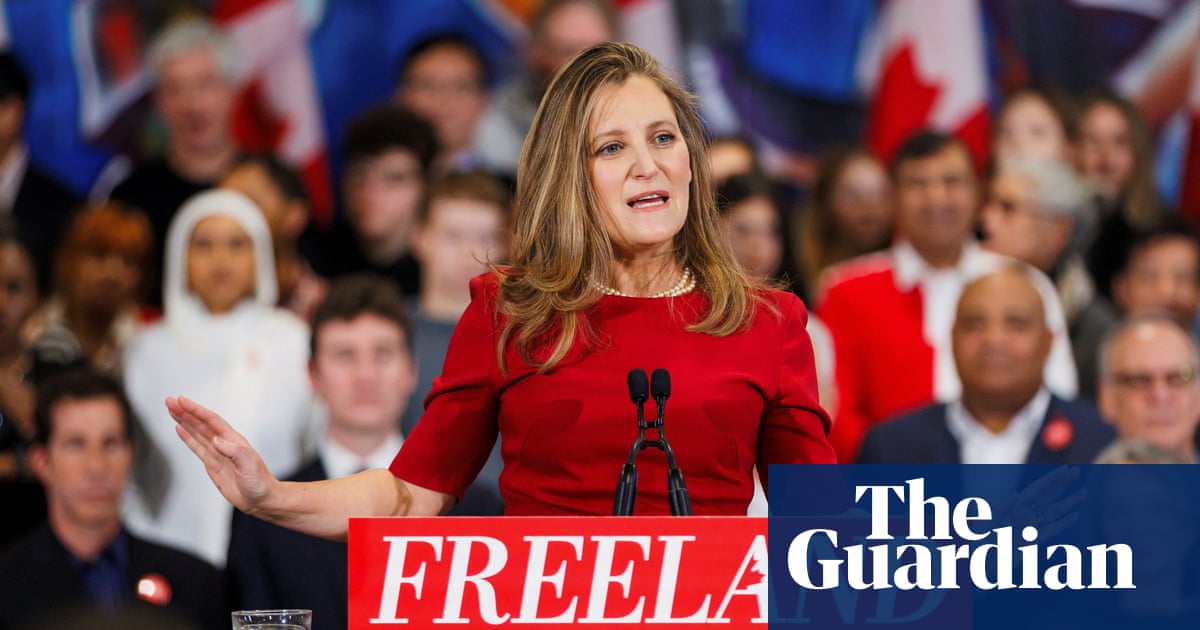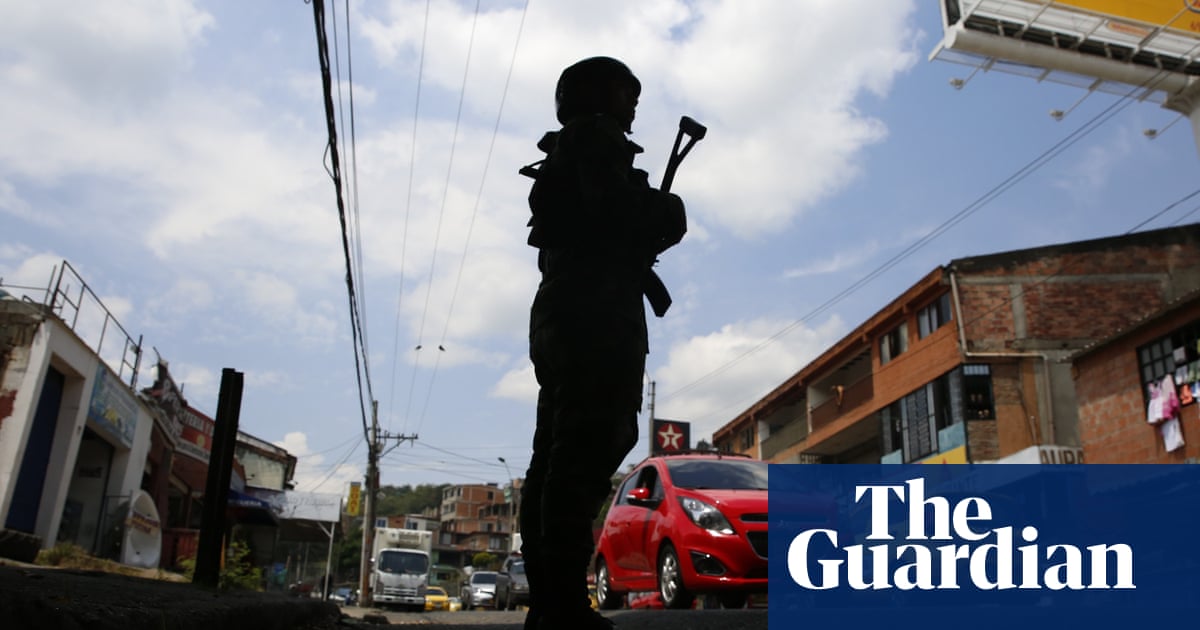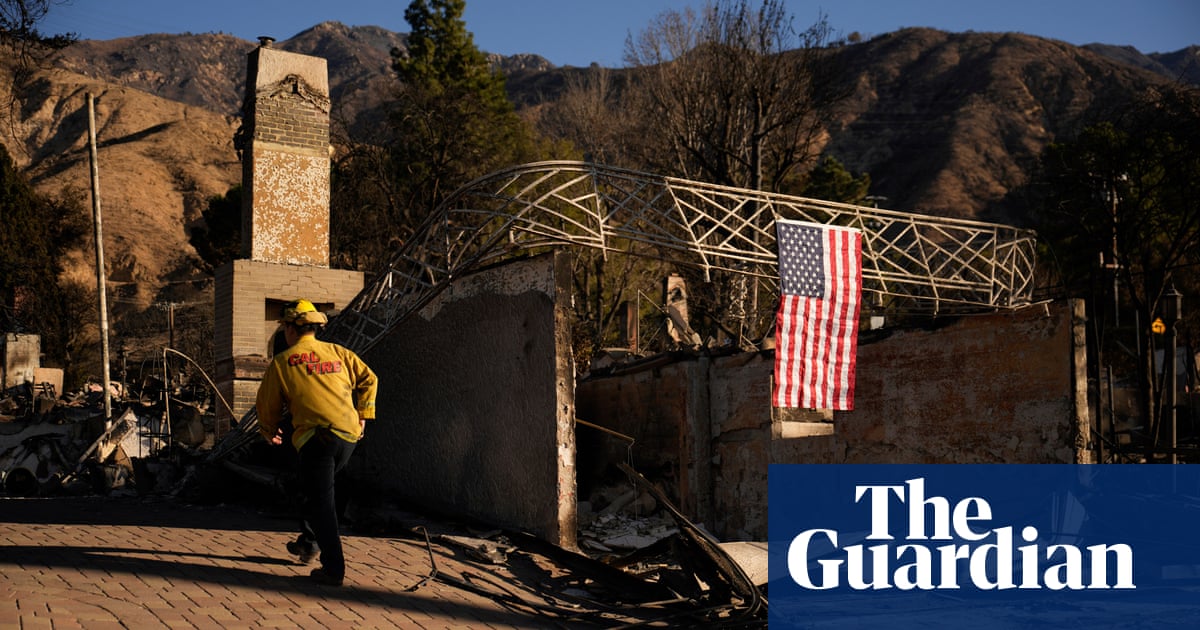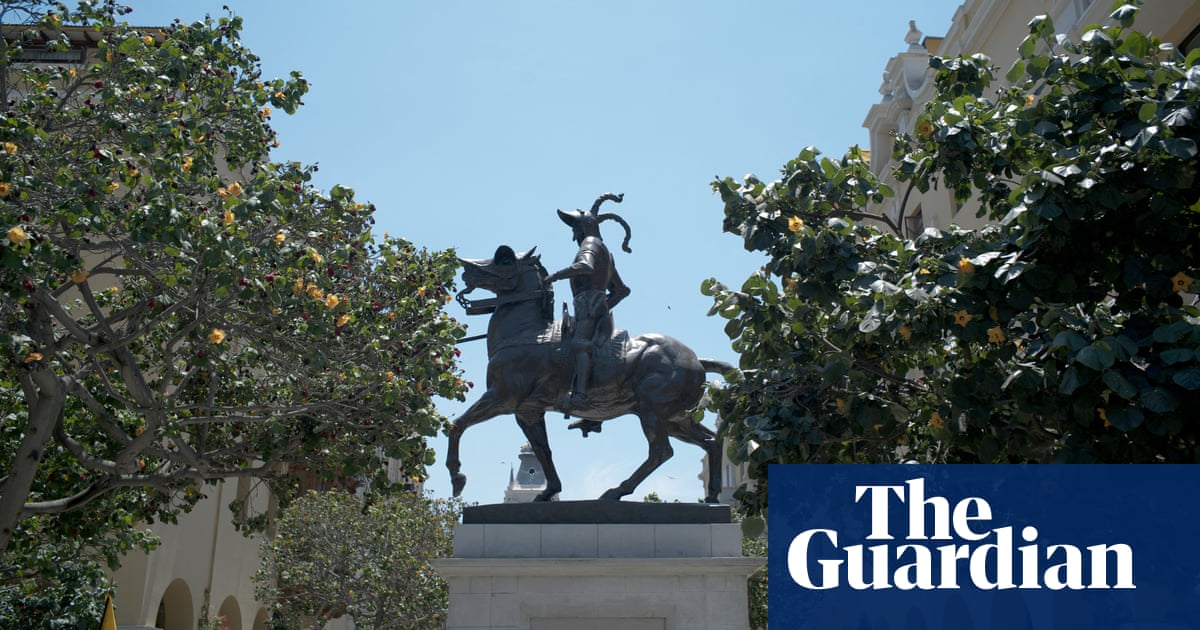Key events Show key events only Please turn on JavaScript to use this feature
A history of martial law and coups in South Korea
Only becoming a democracy in the late 1980s, military intervention in civilian affairs remains a touchy subject in South Korea.
Yoon’s sudden declaration last night marked the first time martial law had been enacted in the country in more than four decades.
Interested in the history of martial law in South Korea, then this piece is for you:
Opening summary
Thanks for joining our ongoing live coverage of the political turmoil unfolding in South Korea following President Yoon Suk Yeol’s sudden and short-lived declaration of military law overnight.
Here is a quick recap of the dramatic events.
-
President Yoon is facing mounting calls to step down after he declared martial law in a surprise, late-night address on Tuesday, a severe measure he said was necessary to safeguard the country’s liberal democracy from “anti-state forces” and “threats posed by North Korea”. Within hours Yoon had backtracked, saying that troops would return to their barracks and the order would be lifted after a cabinet meeting.
-
The main opposition Democratic party has said it will attempt to impeach Yoon if he refuses to tender his resignation immediately. Even Yoon’s own aides have offered to resign “en masse”.
-
Yoon’s martial law order included a six-point decree that banned political activities and parties, “false propaganda”, strikes and “gatherings that incite social unrest”. The order also brought all media outlets under the authority of martial law and directed all medical staff, including striking doctors, to return to work within 48 hours.
-
The move was met with vociferous condemnation and widely defied. Despite the deployment of helicopters on the roof of the parliament building, 190 lawmakers managed to enter the building and proceeded to unanimously vote to reject Yoon’s declaration and call for martial law to be lifted. On the streets, hundreds protested, and chanted for the president to be arrested.
-
To successfully impeach Yoon, a two-thirds majority is required in the legislature.
-
Opposition parties together control 192 of the 300 seats in the national assembly, so would need lawmakers from Yoon’s own party to join them.
-
This the first time that martial law has been declared in South Korea in more than four decades, alarming allies. The United States, which stations nearly 30,000 troops in South Korea to protect it from the nuclear-armed North, initially voiced deep concern at the declaration, then relief that martial law was over. The UK Foreign Office’s minister for the Indo-Pacific, Catherine West, issued a statement, calling for “a peaceful resolution to the situation, in accordance with the law and the constitution of the Republic of Korea”.
-
To many watching from outside, the sudden political chaos appears to have come out of nowhere. But inside South Korea, Democratic party lawmaker Kim Min-seok had warned in recent months that Yoon was gearing up to declare martial law. Korea analysts say concerns had grown after several key military positions, related to defence, counterintelligence, and information on North Korea had been filled by individuals who graduated from the same school as the president. Opposition figures such as Kim suggested these figures could play a critical role in enforcing martial law in a contingency.

 1 month ago
29
1 month ago
29













































